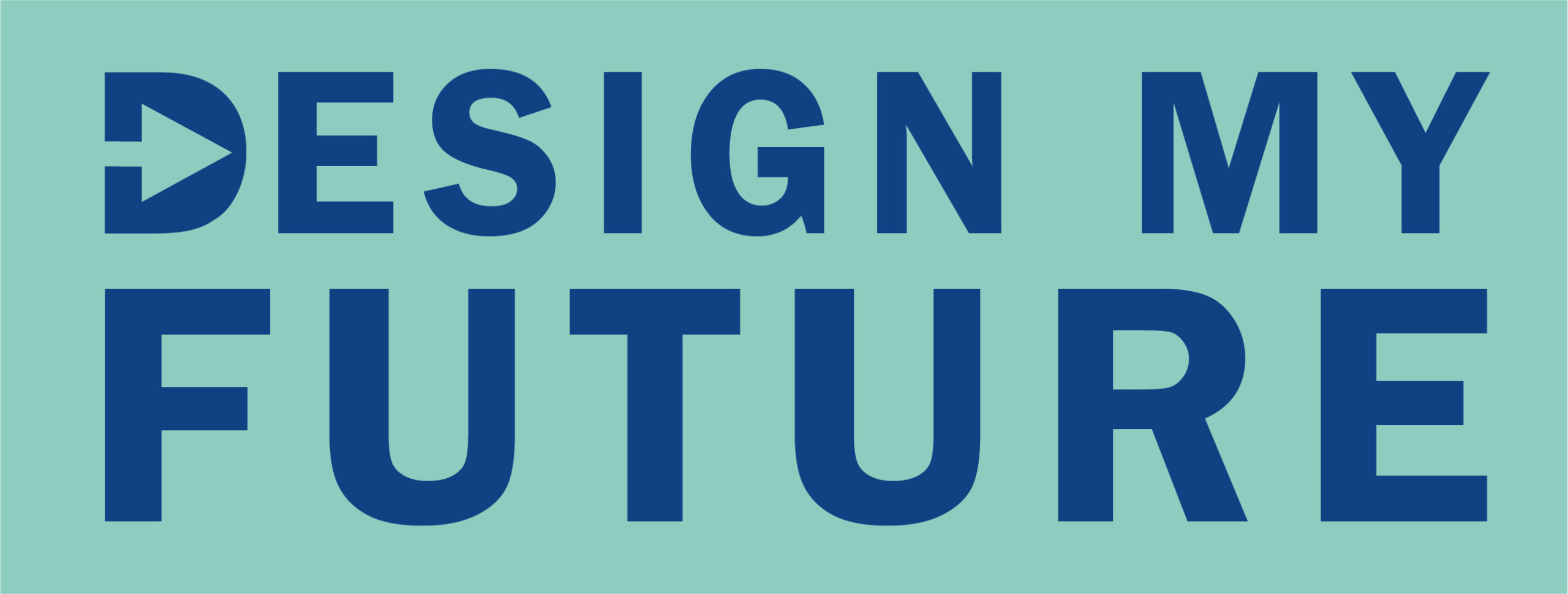In anticipation of Slovenia’s EU presidency, the National Education Institute has been paving the way for the future of young people from vulnerable social groups
In adolescence, the youth are faced with numerous changes and aspects of growing up that play a significant part in shaping their identity. Another considerable influence in this regard is school.
During the distance-learning period, the National Education Institute Slovenia paid much of its expert attention to vulnerable groups of young people. As part of the DesignMyFuture international project, we collected data on teachers’ good practices that reduce early school leaving among young people and direct them towards prudent educational and career choices.
To this end, we devised an online questionnaire. Based on 17 questions, we made an empirical analysis of what good practices are used by the teachers who work with young people from vulnerable groups, paying attention to their socialisation and education, schooling and vocational training, preparing them for independent living, and directing them towards personal and social integration. The questions were related to the exploration of interests, identity, emotions, motivation, social relationships of students on one side and didactic approaches of their teachers on the other side.
We sent the online questionnaire via email to educators from all Slovenian regions, adding a personal salutation to each message. We sought to make the sample as varied as possible and to include all key players that can influence the formation of a safe and supportive learning environment for young people from vulnerable groups. The questionnaire attracted the cooperation of educators of various kinds from primary and secondary schools, residential schools, non-governmental organisations and social work centres.
Our online questionnaire encouraged teachers to reflect on their opportunities to impact youth significantly. The data was collected through an online application that was available between 1 July 2020 and 30 September 2020, and we were very happy with the response.
From the collected data, we can recognise the teachers’ awareness of setting an example to the youth as adults. They are also aware of their influence on relationships with the student. This is particularly essential when working with vulnerable groups of young people as they usually receive less encouragement at home and are possibly less incorporated in peer groups.
The collected data also gives evidence of how educators systematically and consistently seek to develop optimal relations with the youth and support them comprehensively and expertly in developing their personalities, identities and career choices. To show this, they listed a varied range of proven techniques, strategies and methods of working with youth, which form a coherent whole of diverse approaches – and we are very pleased about this.
Do not train a child to learn by force or harshness:
Plato
but direct them to it by what amuses their minds, so that you may be better able to discover with accuracy the peculiar bent of the genius of each.
Amela Sambolić Beganović, Tamara Malešević, Vanja Kavčnik Kolar, Alenka Andrin, Andreja Vouk and Alma Ahmetović from National Education Institute in Slovenia.

